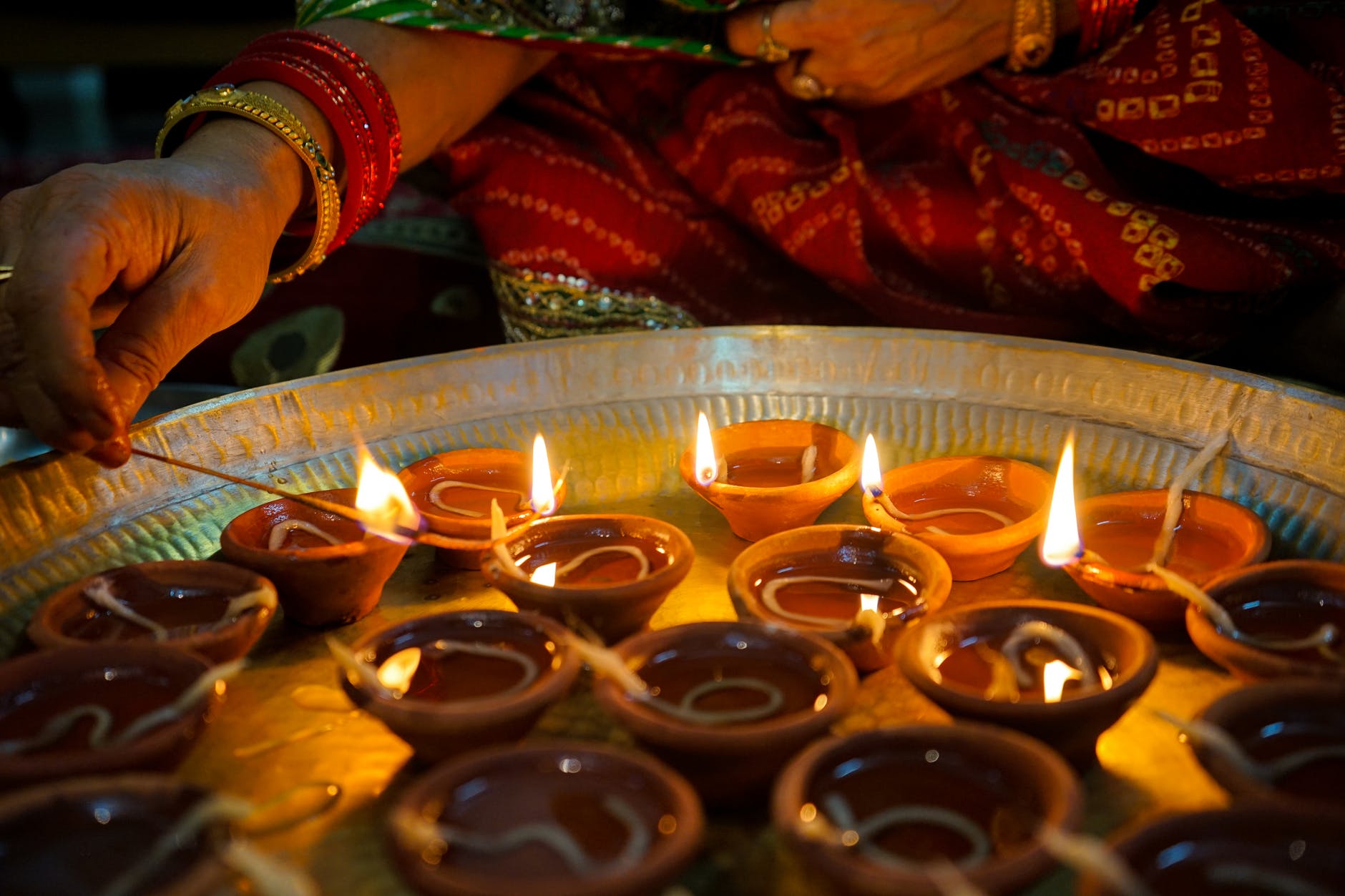– by guest blogger SS
Teej is considered the biggest festival of Hindu women. It is based on Hindu mythology of Lord Shiva and Goddess Parvati, when married women fast for the long life of their husband and unmarried girls fast to get a husband like Lord Shiva. Teej is an auspicious occasion for Hindu women. For some, it is the only day they can visit their parents house after marriage and be reconnected to parents, siblings, and friends from childhood. It provides an opportunity to share their personal stories of happiness, sorrows and struggles with their family. Women share their stories in the form of ‘dohori’ songs and dance. Teej celebration serves as a way to forget all the hardships women have faced during their life. Celebrating teej is close to most Hindu women’s heart. While I believe people have every right to celebrate any festival of their choice, I think it is necessary to discuss how teej stands in today’s world.
Fasting during Teej represents sacrifice women make for their husbands. I think it is important to think where this belief stands in the context of gender equality. We teach our kids to be independent and why do we think it is important to teach kids, especially girls that we should fast for our husband or fast to get a good husband? We need to emphasize our own independence and freedom. Some may argue, fasting for husband is a sign of love for them. But supporting each other, standing beside each other, understanding, etc. shows love rather than fasting. And why would husbands who love their wives let them not even drink a sip of water during fasting. Or does teej only signify that women should do all the sacrificing? I understand fasting can have health benefits. I fully support fasting if people do it for themselves rather than doing it for the sake of others. Fasting for our own health should not have to wait till teej as it can be done any day of the year.
Another thing I find absurd is the reason people celebrate Rishi Panchami. It is said that menstruation is impure and during Rishi Panchami, women get the opportunity to purify themselves. I do not know if young girls are still being taught about menstruation being unclean or embarrassing. It is a shame if it is still being emphasized that way.
It does not make any sense to me how one person fasting benefits other person or how it guarantees a good husband. People might feel offended when somebody disagrees with the belief they have regarding teej that has been deeply rooted in their culture since their childhood but I think the next generation must understand why we actually celebrate teej and support their decision if they want to continue with the tradition or not. It should not be made mandatory. Young girls should not be made feel guilty if they decide celebrating teej is not for them. Celebrating teej with family and friends is an opportunity to get together and share personal stories. People have emotional stories and experiences linked to teej festival and it is important to promote positive aspect of this festival. I think people should take this as an opportunity to promote gender equality as well.
We should take this as an opportunity to promote gender equality as well.
SS
